Recap Mini-Symposium Textile Futures: Crafting Regenerative Ecosystems
On March 28, the mini-symposium "Toekomst van Textiel" took place at the House of Connections. This mini-symposium preceded the inaugural lecture of Prof. Kim Poldner, RAS fellow and researcher at FEB in the field of circularity and sustainability in the textile industry.
During the mini-symposium, there were highly interesting and inspiring contributions from researchers, entrepreneurs, and artists who are contributing to the sustainability of the textile industry through their work.
The researchers were Dr. Marijke Leliveld and Prof. Marleen Kamperman, who, with their entirely different expertise (sustainable behavior and materials science, respectively), have launched a project to raise consumer awareness and make textile production more sustainable. Key questions in their research are:
-
How can we produce mycelium textiles that meet the minimum mechanical and aesthetic standards for wearable clothing in the fashion industry?
-
How can we develop a circular, ecological, and economically sustainable value chain for mycelium textiles?
-
How can we motivate consumers to buy clothing made from mycelium?
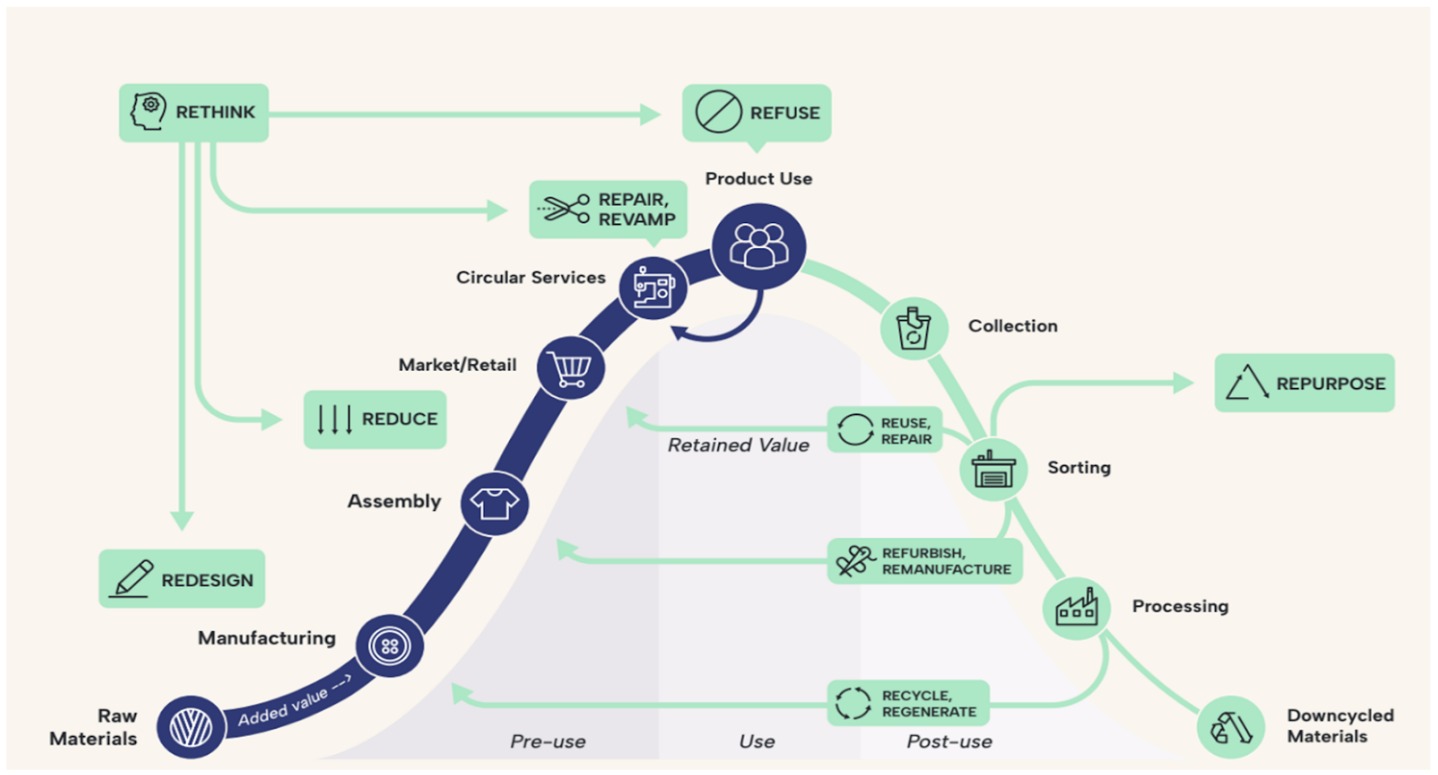
Tjeerd Veenhoven (Studio Veenhoven) and Eileen Blackmore (House of Design) presented examples of sustainably produced products from their companies, including products made from grasses and flax. Additionally, they showed videos and photos of the techniques they use to make their products in the most sustainable way possible.
Claudy Jongstra (Studio Claudy Jongstra) gave us a glimpse into her workshop and work process in a video. Claudy primarily works with wool and dyes her wool or textiles from flowers she grows herself. Her art can be found and admired all over the world.
Ishwari Thopte, a PhD student of Kim and working on a project with Joline Jolink, showed how destructive the textile industry is. It emits more CO2 than international flights and shipping combined. It is the second-largest consumer of water. Clothes are discarded, causing microplastics to enter the soil and seas. The social side is equally grim—millions of people are paid below minimum wage to keep fashion ‘cheap’. Ishwari spoke about various projects Joline is working on to bring people closer to nature, find new stakeholders, and create textiles that can serve as compost after use, etc.
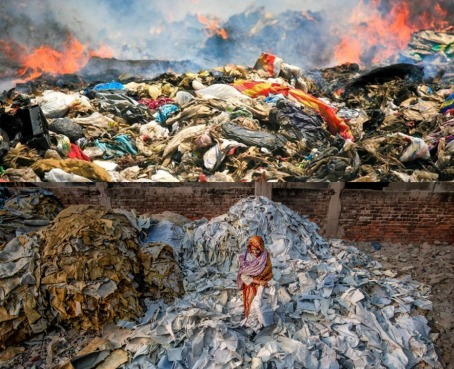
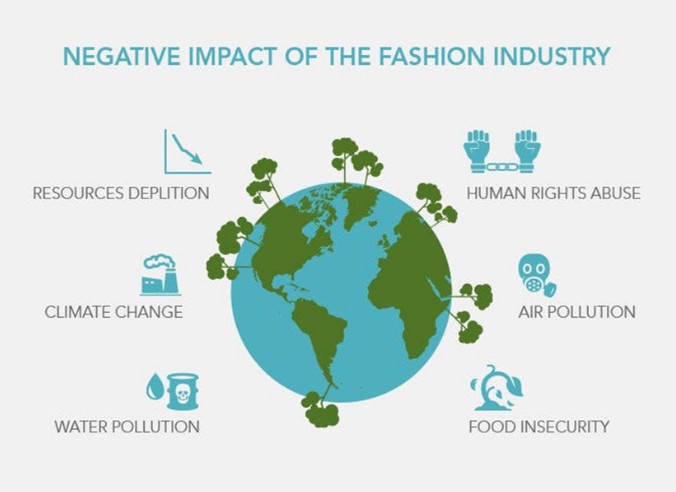
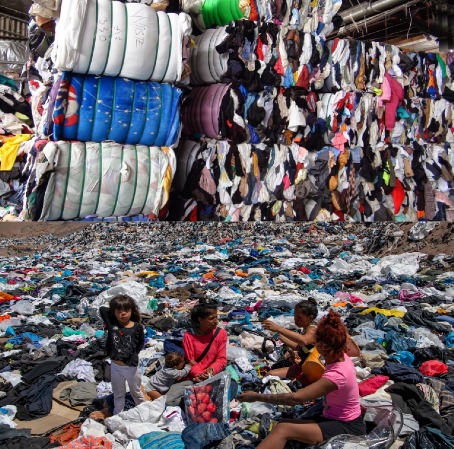
After 18 years working as a designer in the textile industry, Joline made the brave decision to close her fashion store in Amsterdam and buy a farm through crowdfunding in Welsum, Overijssel. Here, she grows flax and makes her own soap, tea, and colors from flowers and natural materials. These are just a few examples of what she does.
During the symposium, Marijke and Marleen were presented with a cheque from the Gratama Foundation worth €100,000 as a contribution to their highly important and socially valuable research. We congratulate Marijke and Marleen on this award.
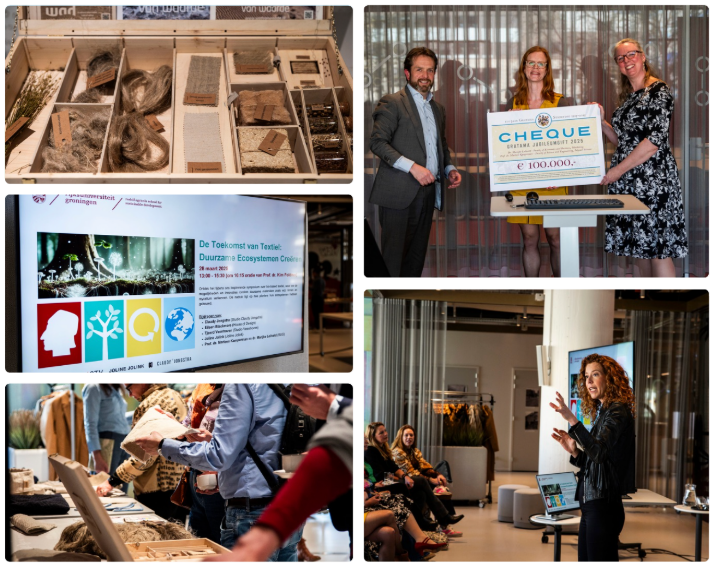
More news
-
15 September 2025
Successful visit to the UG by Rector of Institut Teknologi Bandung

